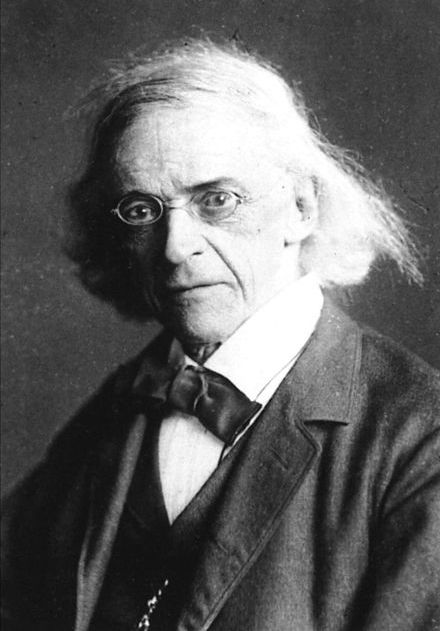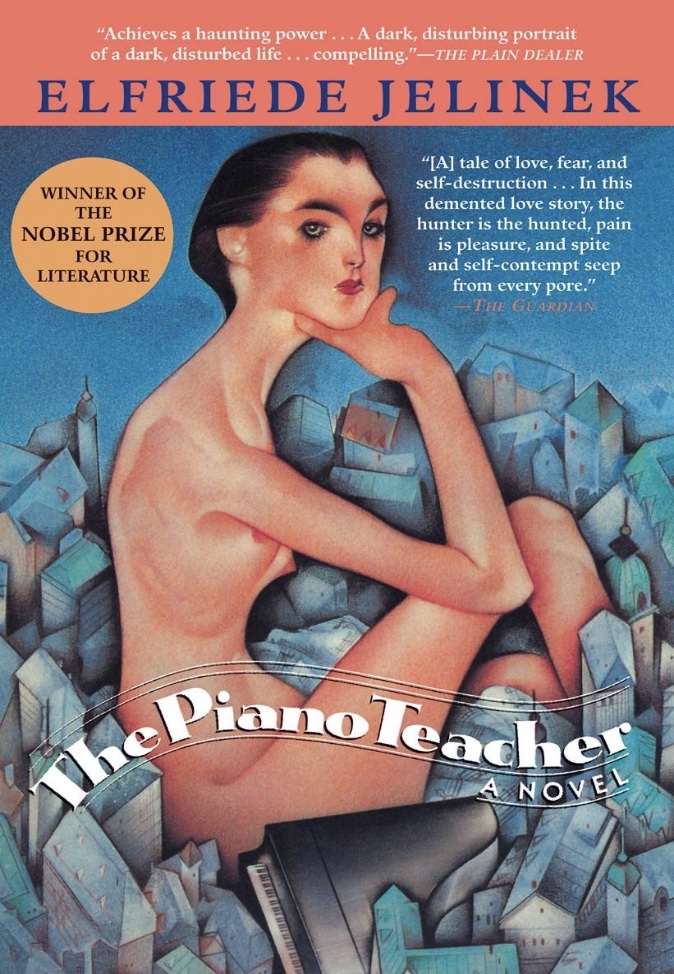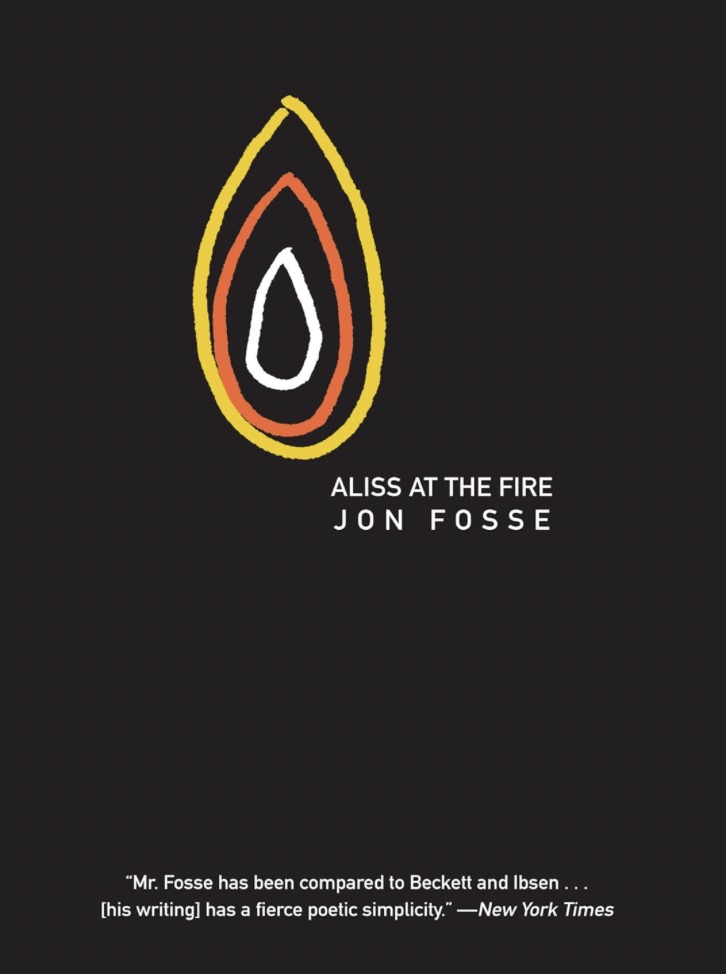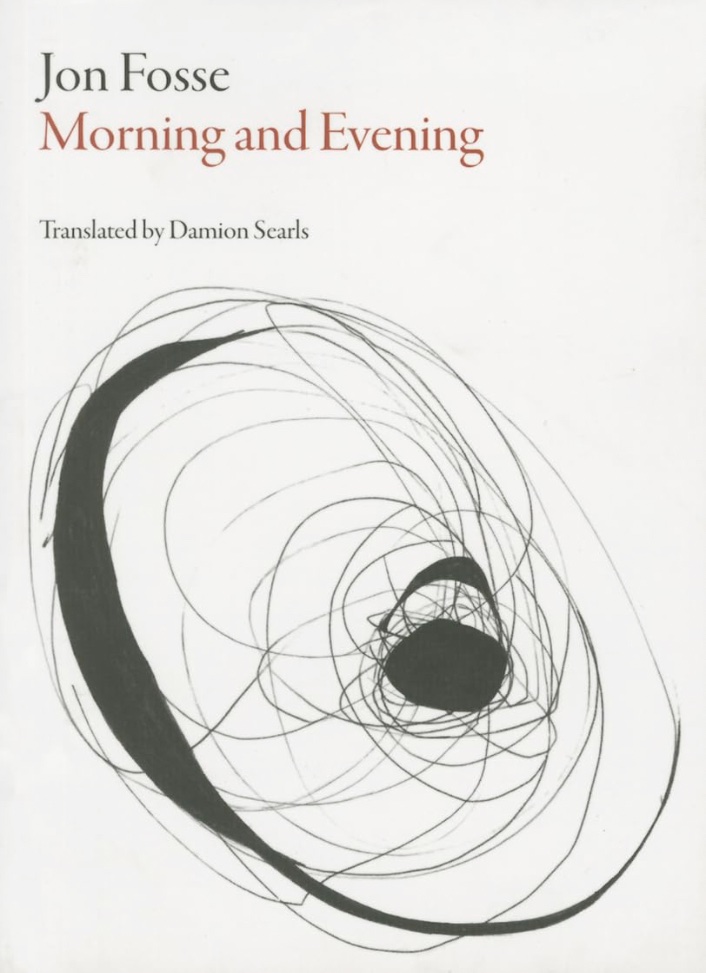Catching up on Nobel Winners
Hello !
It's been a long time.
I'm not reading at the speed I used to, but I'm still reading !
This post is covering just a few of the highlights nobel-winners read in the past few years.
The Piano Teacher
Elfriede Jelinek, 1983
Sarah and Renee and Tomy and I were thinking how few Nobel winners we've read, but we weren't sure how to choose one. Any criteria seemed pretty arbitrary. So I printed out all the Literature Nobel Winners since the beginning and cut each one into a little strip and had a disinterested third party draw a name out of a hat. On camera, testifying this was the first draw, etc, etc. And the name which came up was your good friend Theodor Mommsen, who won the prize in 1902.
 Mommsen's work, The History of Rome is difficult to find, but we dutifully found it and read a couple chapters but it was way too dated and racist to stomach, so we abandoned that. The Nobel Laureate Project languished for a while, but then Sarah just said she was reading The Piano Teacher by Elfriede Jelinek, who got the Nobel in 2004.
Mommsen's work, The History of Rome is difficult to find, but we dutifully found it and read a couple chapters but it was way too dated and racist to stomach, so we abandoned that. The Nobel Laureate Project languished for a while, but then Sarah just said she was reading The Piano Teacher by Elfriede Jelinek, who got the Nobel in 2004.

WOW what a book!
The Piano Teacher is thematically difficult reading. It deals almost exclusively with people being unpleasant, usually to other people but often to themselves and often sexually. There's also a lot of mother/daughter dysfunction. And lots of other kinds of dysfunction. An epic romp through contemporary dysfunction. It's difficult stuff. But holy cow, it's a wonderland of Metaphor. Or perhaps a firehose of metaphor. I count myself lucky if a book gets in one or two good metaphors in a chapter, but The Piano Teacher is nearly solid metaphor. It's difficult to breath at times they come so fast and thick, and they're wonderful. Unfortunately I don't think any of them are printable here because they're obscene or exceedingly unpleasant. Or both. And this blog aims to be neither obscene nor unpleasant. Sorry Elfriede. In addition to the virtuoso metaphor and biting interpersonal commentary and overall weaving of a world of entrapment and anxiety, Jelinek gracefully steers our boat from one side of the river of lucidity to the other and back. One paragraph you'll be going along following the plot where things happen and there are people and then gradually a couple paragraphs later you suddenly realize you've become adrift in fog-banks of space and time and innuendo, without any idea what's going on or whether events are actually taking place or if the main character is still really here, and moreover without any idea how you got there, and then the currently slowly picks up your boat again and brings you back to the land of trollies and phone-calls and things that definitely happen. Usually this sort of thing gives me hives (I'm looking at you, Mr. Pynchon) but in Jelinek's hands it's amazing. This book is a masterpiece. But I'm not sure if you should read it because I don't know you and there's some difficult stuff.
Aliss at the Fire
Jon Fosse, 2010
Jumping around chronologically a bit, I picked up Aliss at the Fire at Madison Park Books because it was wee and won the Nobel Prize in 2023.  This is a wonderful dreamy dreary novel. Fosse isn't big into periods or other punctuation, which at first bugged me but after a few pages I came to appreciate it as an effective approach for the atmosphere he's going for. That atmosphere is: Dark. Not dark like Evil, more like dark the feeling of night time and caves and underneath the ground. It's a story mixing up three or four generations of people living in a simple house in a Norwegian fjord, mostly tracking the man and woman 'currently' living there. The writing is good. There is much here that rings true about relationships, people, parents, children, and also the night. Similar to The Piano Teacher, Aliss at the Fire deals pretty loosely with space and time, jumping around from generation to generation and back without much warning, but while this type of fractured writing often annoys me (I'm looking at you, Mr. Faulkner) it worked really well in this book.
I never did figure out who the narrator is, despite I think one or two uses of a narrative "I".
Aliss at the Fire is well worth reading.
This is a wonderful dreamy dreary novel. Fosse isn't big into periods or other punctuation, which at first bugged me but after a few pages I came to appreciate it as an effective approach for the atmosphere he's going for. That atmosphere is: Dark. Not dark like Evil, more like dark the feeling of night time and caves and underneath the ground. It's a story mixing up three or four generations of people living in a simple house in a Norwegian fjord, mostly tracking the man and woman 'currently' living there. The writing is good. There is much here that rings true about relationships, people, parents, children, and also the night. Similar to The Piano Teacher, Aliss at the Fire deals pretty loosely with space and time, jumping around from generation to generation and back without much warning, but while this type of fractured writing often annoys me (I'm looking at you, Mr. Faulkner) it worked really well in this book.
I never did figure out who the narrator is, despite I think one or two uses of a narrative "I".
Aliss at the Fire is well worth reading.
Morning and Evening, also Jon Fosse, 2000
Encouraged by how good Aliss at the Fire was, I checked out Fosse's Morning and Evening. This one unfortunately, I could not get into.  It's similar in brevity to Aliss at the Fire, and zooms in with detail on the birth and death of a particular man. I had to skip a bunch around the birth, when Fosse started writing made-up baby language for what the character was experiencing and thinking during childbirth. Some of the writing is good, but overall it was too precious for me. I thumbed through a bunch of other Fosse works as well, but they were pretty clearly not my thing. Melancholy I. Melancholy II. Septology I-VII, which the NY Times describes as Catholic Mysticism, which jives with what I saw in the pages I opened to.
It's similar in brevity to Aliss at the Fire, and zooms in with detail on the birth and death of a particular man. I had to skip a bunch around the birth, when Fosse started writing made-up baby language for what the character was experiencing and thinking during childbirth. Some of the writing is good, but overall it was too precious for me. I thumbed through a bunch of other Fosse works as well, but they were pretty clearly not my thing. Melancholy I. Melancholy II. Septology I-VII, which the NY Times describes as Catholic Mysticism, which jives with what I saw in the pages I opened to.
The Old Man and the Sea
Ernest Hemingway, 1952
I guess I'm just going to write about nobel-prize winners on this post. I read The Old Man and the Sea to the kids. Usually we read stuff like Little House on the Prairie, The Great Brain, etc, but I thought they might appreciate it. Short story short, this is still an amazing beautiful novel. Who could imagine a simpler novel ? I love the quote I've heard attributed to Hemingway that there's no symbolism in the book: "The fish is just a fish, the sea is just the sea". In High School I was taught that symbolism is a big deal, but I think I took it too far and it was many years before I stopped worrying about what an author is "Really" saying and started just listening to what they're saying. Obviously sometimes there's a symbol or two, but I don't think you need to reach and imagine and postulate to get them. Anyhow, the kids were okay with it. They had a lot of fun complaining about how little happens in the book, and I had a lot of fun encouraging them. (I'm a Hemingway fan. As I'm writing this I'm currently re-re-reading the collected short stories)